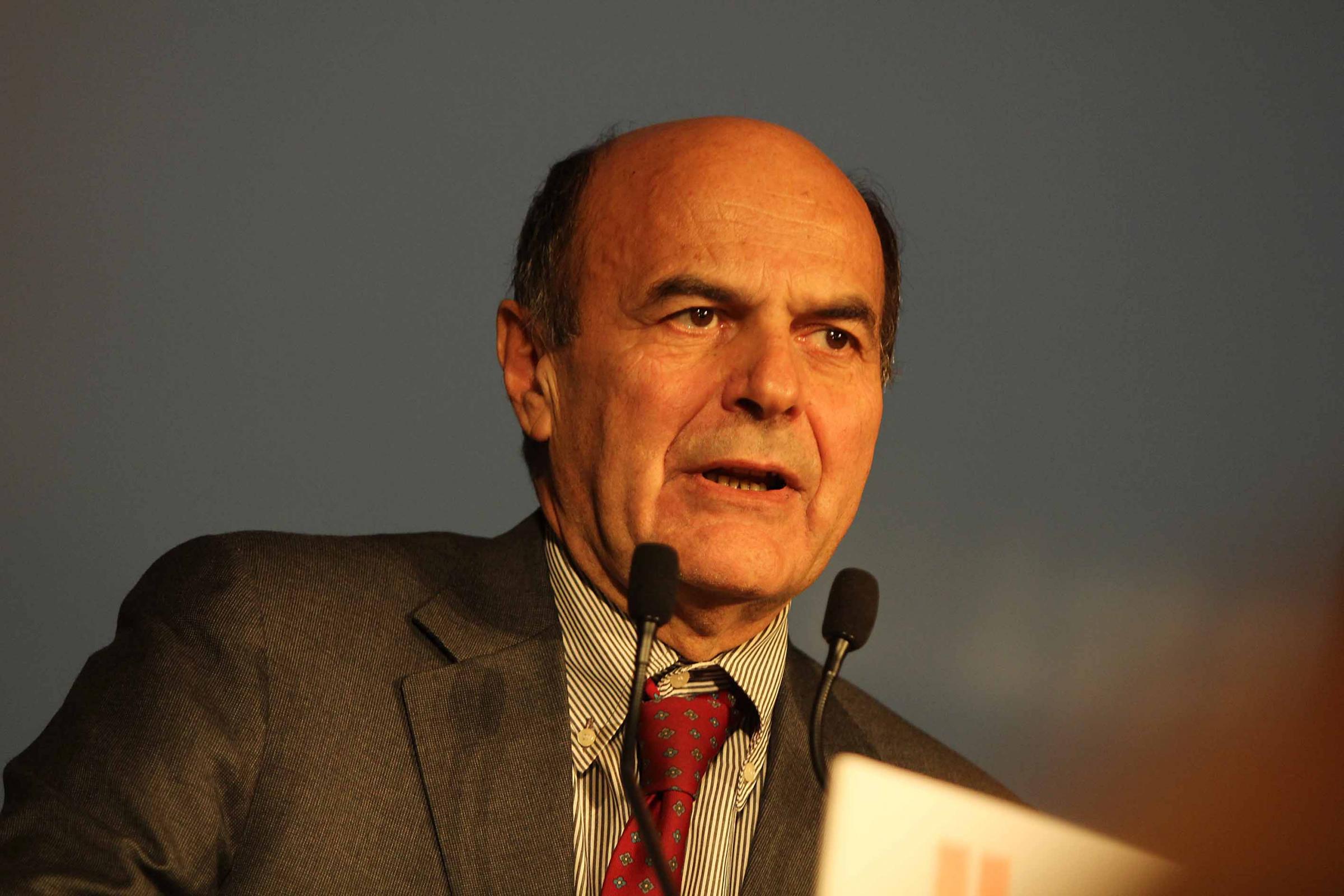Pier Luigi Bersani, head of the center-left Democratic Party, won a run-off election by over twenty points on Sunday Dec 2. The second ballot between the two most voted center-left candidates of last Sunday’s primary elections (Pierluigi Bersani and Matteo Renzi) has determined the next center-left candidate for prime minister of Italy.
In his victory speech, Bersani promised to tackle Italy’s economic crisis and high unemployment by telling Italians “the truth, not fairy tales”.
Thanks also to the primary elections, the center-left party (PD,) which both candidates belong to, is well ahead in opinion polls for the parliamentary elections, which will probably be held in March.
Matteo Renzi, the 37 year old mayor of Florence, challenged Democratic Party national secretary Pier Luigi Bersani who had over 60,0 percent of votes.
The majority of more than 3 million Italians, in fact, chose 61-year-old Bersani, former Economic Development Minister, who represents the traditional left , while less than 40 percent voted for Renzi, who was campaigning as a moderniser and that has repeatedly called on the current politicians to step aside.
Most of the voters that supported the other three candidates in the first ballot (Nichi Vendola, Laura Puppato and Bruno Tabacci) chose Bersani in the second ballot. Vendola, Puglia region’s president , who was voted by over 15 percent of the electors on Sunday Nov. 25, explicitly endorsed the secretary of the party.
Bersani, a veteran of the party, is supported by the major unions and by people who believe that Italy should follow a more gradual approach to austerity and should change the recent pension and labor reforms in order to give some relief to workers burdened by high taxes, low salaries and small pensions.
Bersani has said repeatedly that in power he would stick to tough budget commitments made by technocrat Prime Minister Mario Monti, but seek to soften the impact on workers and the poor and put more emphasis on economic growth.
Renzi, on the other hand, is followed by young people and by many citizens that wish Italian politics were simpler, more modern and transparent. He is also convinced that Italy should end public funding to parties and pursue the so-called “Agenda Monti” (the reforms put in place by the current government led by senator Mario Monti.)
Monti himself has often been indicated as a possible successor of himself, if parties should not be able to find an agreement and form coalitions after the March elections.
The Prime Minister has repeatedly declared that he is not seeking another term even though business communities would like him to stay in power in order to complete the work done to restore Italian credibility in the eyes of foreign investors and international markets.
Markets have already expressed some concern over an alliance between Bersani and Vendola, a former communist at the head of a party called Left, Ecology and Freedom.
The primary elections have shown a positive result for the Democratic Party and the center left coalitions. In a country shattered by the crisis and affected by the “anti-politics” virus (public disaffection) that pushes people far from politics and parties, the primary elections succeeded in bringing people back to democracy and participation, most commentators have noticed.

